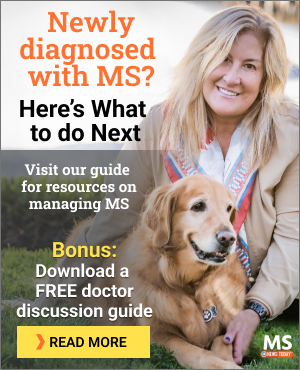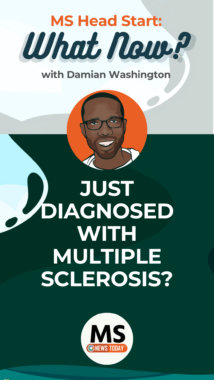Positive Data from Two Key MS Trials Added To Aubagio’s U.S. Label

 The Food and Drug Administration (FDA) recently accepted the results from Genzyme’s TOWER and TOPIC clinical trials, which assessed the safety and efficacy of oral, once-daily Aubagio® (teriflunomide) for Multiple Sclerosis, and will add the positive data to the product’s U.S. label.
The Food and Drug Administration (FDA) recently accepted the results from Genzyme’s TOWER and TOPIC clinical trials, which assessed the safety and efficacy of oral, once-daily Aubagio® (teriflunomide) for Multiple Sclerosis, and will add the positive data to the product’s U.S. label.
Genzyme is a leader in the development and delivery of transformative therapies for patients with rare and debilitating diseases like multiple sclerosis. As a complement to its MS therapies, the company also has a program called Multiple sclerosis (MS) One to One®, which provides information about multiple sclerosis, Aubagio, and other important MS-related issues, and is staffed by specialized MS nurses that give support to MS patients, their health care providers, and families.
Aubagio (teriflunomide) is an immunomodulator drug with anti-inflammatory properties, however, its mode of action is not well understood. The drug appears to function by reducing the number of activated lymphocytes in the central nervous system (CNS). Teriflunomide is the main active metabolite of Aubagioas as well as leflunomide, which has been used for the treatment of rheumatoid arthritis in the U.S. In a recent press release, Genzyme noted that patients treated with leflunomide have in the past been diagnosed with severe liver injury, including fatal liver failure. Therefore, patients initiating treatment with Aubagio should monitor alanina aminotransferase (ALT) in the serum at least within the first 6 months after treatment, according to the company. Aubagio is supported by one of the largest clinical programs for MS therapy, with a clinical trial including more than 5,000 participants in 36 countries, and has been approved in more than 50 countries worldwide.
The TOWER and TOPIC clinical trials were conducted, respectively, to assess the effect of Aubagio 7 mg and 14 mg in patients with relapsing MS, and assess if the introduction of Aubagio to patients who had experienced their first neurological symptoms, suggesting MS could inhibit or delay a second clinical attack, i.e., relapse. In the TOWER study, patients treated with Aubagio 14 mg had a statistically significant reduction in annualized relapse rate, and also observed in data from the 7 mg dose a relative risk of sustained disability progression when compared to placebo. In the TOPIC study, the proportion of patients free of relapse was significantly higher for Aubagio 7 mg and 14 when compared with placebo. In the MS clinical studies, the frequency of serious adverse events was similar among Aubagio and placebo-treated patients. The data from the TOPIC study were published in The Lancet Neurology in September 2014.
[adrotate group=”4″]
“Aubagio is the only oral multiple sclerosis treatment that has demonstrated a positive effect on disability progression in two Phase III clinical studies and is the only oral therapy with supporting published efficacy data on the treatment of patients who have experienced a first clinical attack,” said Dr. Aaron E. Miller, Medical Director at The Corinne Goldsmith Dickinson Center for Multiple Sclerosis, Mount Sinai Hospital, in the press release. “These data, along with its consistent safety and tolerability profile, make Aubagio an important treatment option for patients with relapsing MS.”
“The update to the U.S. label reflects the breadth of data reinforcing the consistent efficacy of Aubagio,” said David Meeker, M.D., Genzyme President and CEO. “Aubagio is establishing itself within the MS treatment paradigm due to its efficacy, as well as its safety and tolerability as demonstrated during its two years on the market,” concluded Dr. David Meeker.








